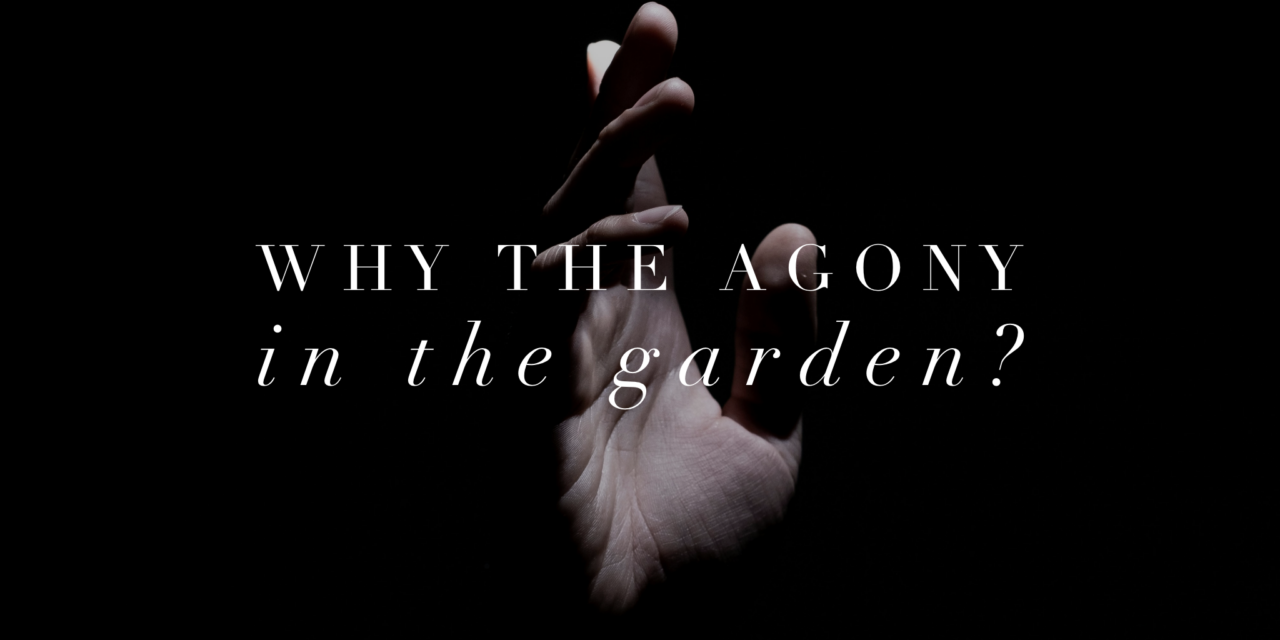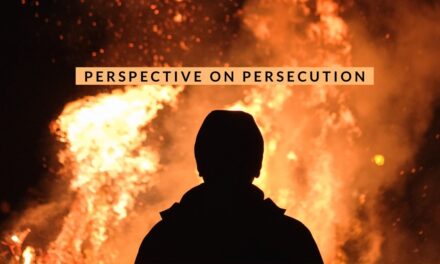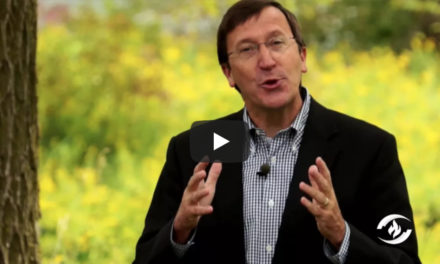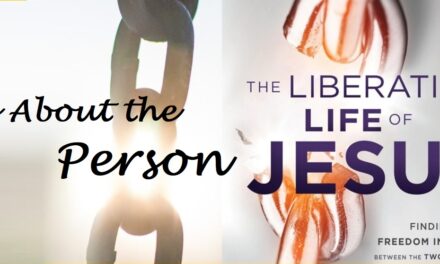Matthew’s account records, “Then cometh Jesus with them unto a place called Gethsemane, and saith unto the disciples, Sit ye here, while I go and pray yonder. And he took with him Peter and the two sons of Zebedee, and began to be sorrowful and very heavy. Then saith he unto them, My soul is exceeding sorrowful, even unto death: tarry ye here, and watch with me. And he went a little further, and fell on his face, and prayed, saying, O my Father, if it be possible, let this cup pass from me: nevertheless not as I will, but as thou wilt…He went away again the second time, and prayed, saying, O my Father, if this cup may not pass away from me, except I drink it, thy will be done…And he left them…and prayed the third time, saying the same words. (Matthew 26:36-44). Luke’s account adds, “And being in an agony he prayed more earnestly: and his sweat was as it were great drops of blood falling down to the ground” (Luke 22:44).
Why this agony in the garden of Gethsemane? Not long before this prayer in the garden, Jesus clearly said, “Now is my soul troubled; and what shall I say? Father, save me from this hour: but for this cause came I unto this hour” (John 12:27).
Jesus was not running from the cross. Many assume He was and say as much. But everything He did led intentionally to this moment. Jesus was not seeking to escape the cross. The agonizing issue was the way of the cross.
The earth was about to go dark in the middle of the day. Why? Jesus would soon cry out, “My God, my God, why hast thou forsaken me?” (Matt. 27:46). Strong words. Why?
For the first time in all of eternity, Jesus, God the Son, but functioning as the Son of man, was going to be separated from God the Father—because He was going to be in union with us, and more specifically, with our sin. Think of the magnitude of this event. Although Jesus was God even when He became flesh and dwelt among men, He set aside the reputation of deity and the use of the divine attributes He still possessed, in order to be fully God and fully man at the same time. He did this through kenosis, which means emptying Himself (see Phil. 2:6-8). Therefore, Jesus was contemplating in the garden that He, as a man, would soon be separated from the Father and representing the human race on the cross. Only man can represent man.
The sins and iniquities of the entire human race were to be laid on Him (Is. 53:6). From the first Adam to the last human being who will ever exist, the conglomerate sins of the Adamic race were to be borne by Jesus making Him “the last Adam” (1 Cor. 15:45). This would truly be a substitutionary atonement.
Jesus would bear our sins (1 Pet. 2:24), and the Father would make the Son, who Himself was sinless, “to be sin for us” (2 Cor. 5:21). This was the reason for the agony. Not the cross, but the way of the cross—that for the first time in all of eternity, the perfect, sinless, without blemish Lamb of God, would be separated from the Father while bearing our sin.
The wounds of Jesus and the process of crucifixion were horrific. “His visage was so marred more than any man, and his form more than the sons of men” (Is. 52:14). But the physical aspects of the cross were not the greatest suffering, though they were indeed great. Other believers have suffered horrifically in times of persecution even being burned at the stake. This reality does not minimize the physical suffering of Jesus. It was beyond dreadful. But the physical pictured the spiritual. “He was wounded for our transgressions, He was bruised for our iniquities: the chastisement of our peace was upon Him; and with His stripes we are healed” (Is. 53:5). The greatest suffering was the separation from the Father while Jesus, as a man, represented man with his sin.
Jesus took our place. He took our sins. Yet He Himself was sinless.
Glory be to the Father, glory be to the Son, and glory be to the Spirit. All three persons of the Godhead were riveted on the agonizing moment of all time. “How much more shall the blood of Christ, who through the eternal Spirit offered himself without spot to God [the Father], purge your conscience from dead works to serve the living God?” (Heb. 9:14).
May the agony of Jesus move those who have put their trust in Him to love Him with all their heart.

John Van Gelderen
Post Author












Amen! Thank you for this helpful reminder and explanation.
Thanks Chris!
Thank you brother I am distributing tracks today to bring people to the remembrance of the death burial and resurrection of our Lord and Savior Jesus Christ, thank you for your ministry and your literature and the power of the written word.
Thanks John, may the Lord bless your tract distribution!
Amen! I preached this exact thought at our last Lord’s Supper service. Think of the all the pain, guilt, and shame that we experience when we sin just once. Multiply that by the number of sins we’ve had in our entire life, multiply that by the number of people who’ve ever lived, then place that on Christ’s shoulders in the garden, knowing His Heavenly Father wouldn’t be coming to His rescue. It makes perfect sense why he sweat “as it were great drops of blood.” Powerful thought!
Hi John,
Yes, thank God we can be purged from dead works to real works. The work of God for us, in us, and through us!
Hallelujah for the Lamb!
Pastor Joel Long